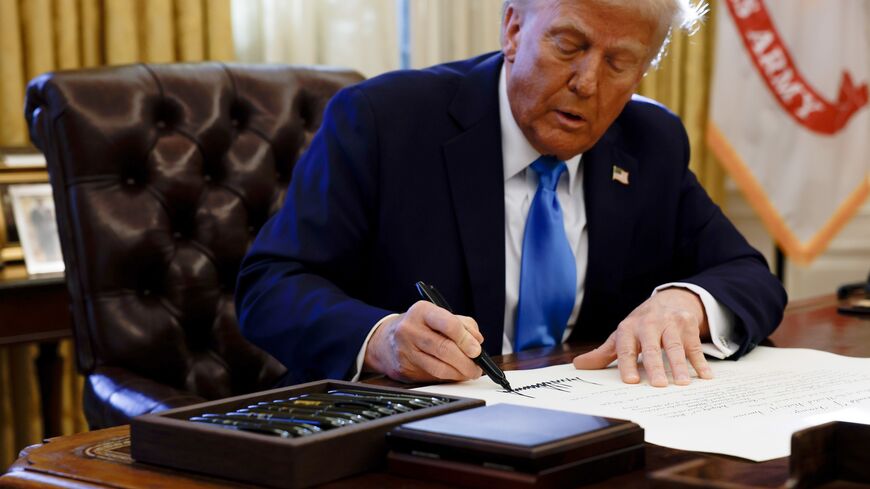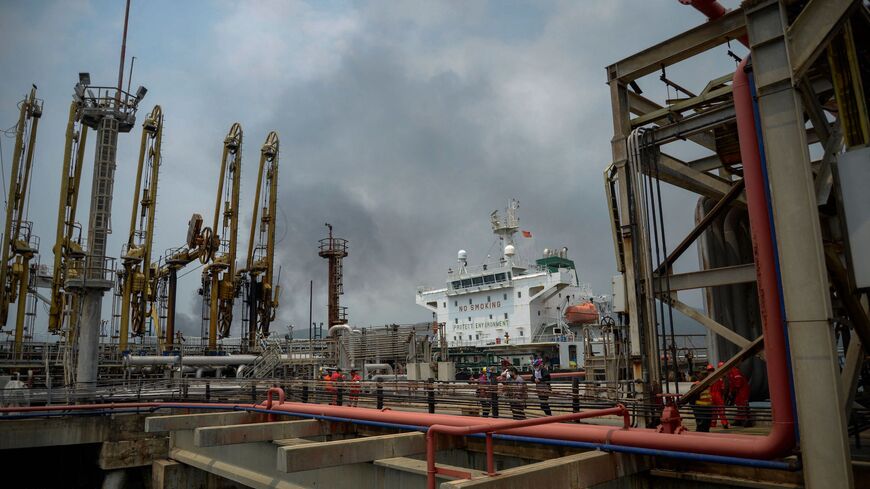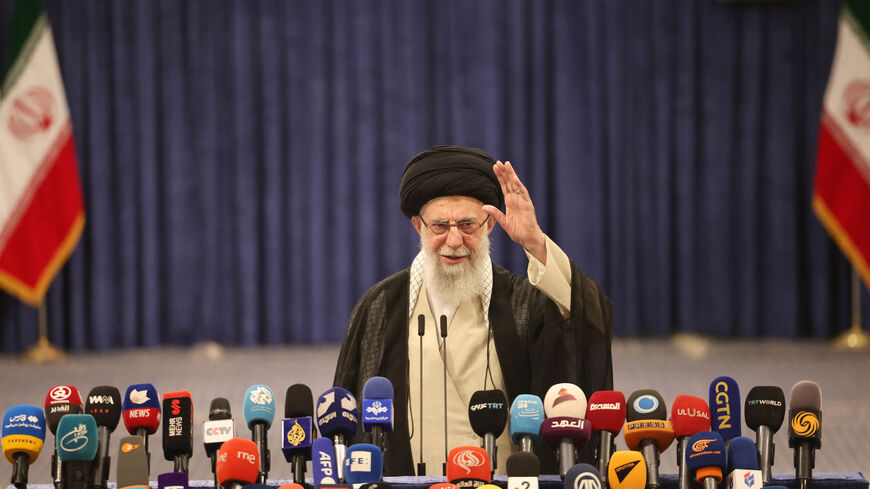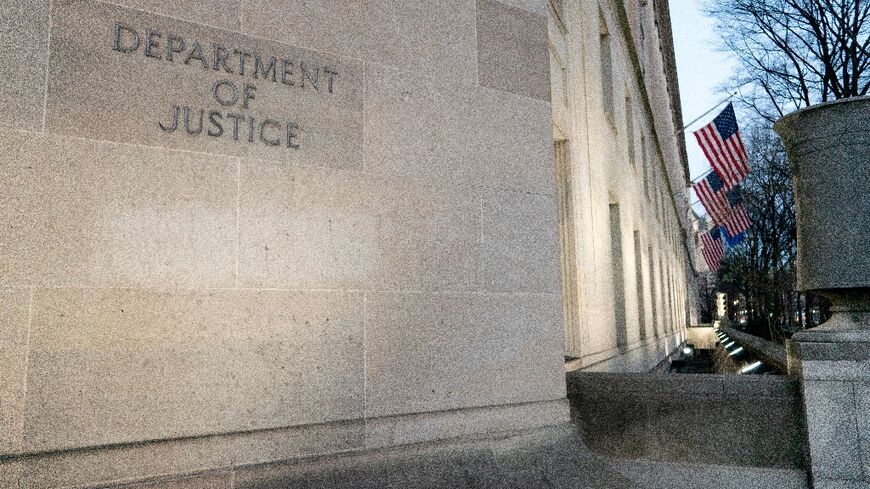US sanctions UAE, China firms in crackdown on Iranian drone supplies
The Justice Department also announced criminal charges against two Iranian nationals and an Iranian company over their alleged roles in the drone-procurement network.
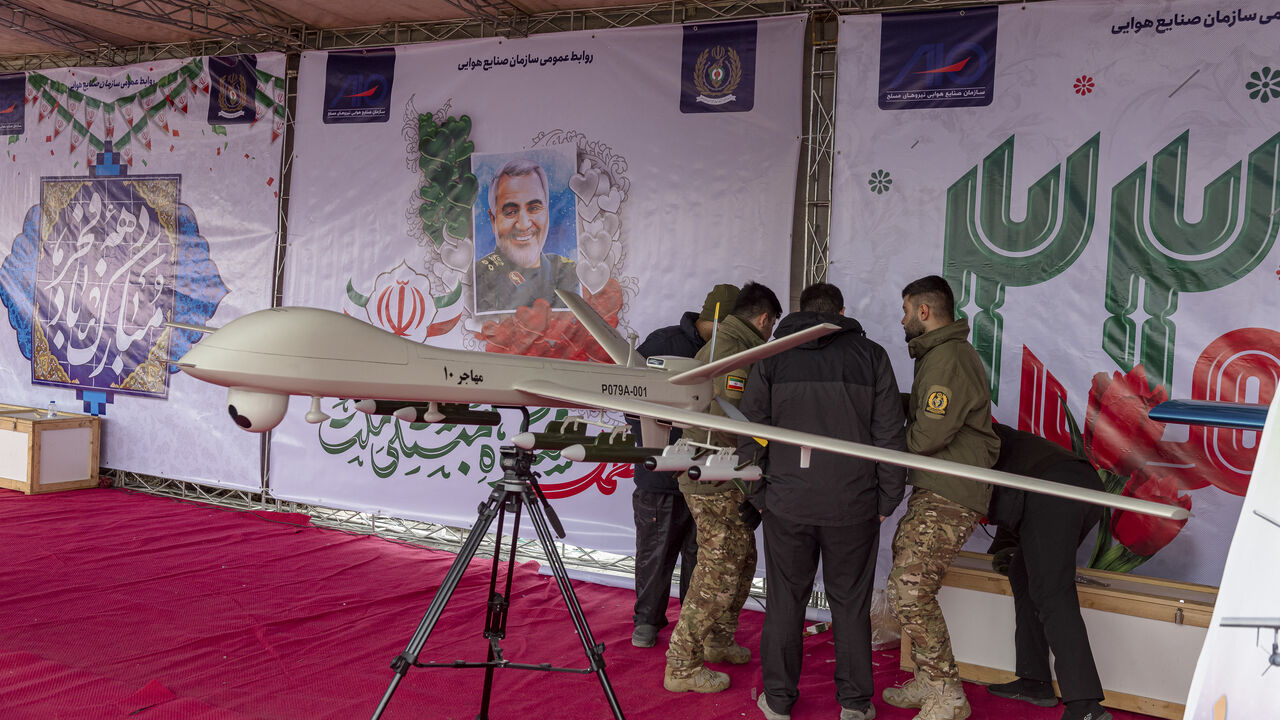
WASHINGTON — The Trump administration further ratcheted up sanctions on Iran Tuesday, targeting an alleged weapons procurement network and unveiling criminal charges against a pair of Iranian nationals accused of involvement.
The Treasury Department’s Office of Foreign Assets Control imposed sanctions on six entities and two individuals based in Iran, the United Arab Emirates and China that it said were responsible for acquiring drone components used by a leading manufacturer in Iran’s armed drone program.
It’s the second round of sanctions targeting Iranian weapons proliferators since President Donald Trump’s Feb. 4 signing of an executive order aimed at increasing economic pressure on Iran and driving its “export of oil to zero.” Other recent sanctions targets include oil-carrying vessels in Iran’s so-called shadow fleet and a private “teapot” refinery in China.
Treasury Secretary Scott Bessent said that Iran’s proliferation of unmanned aerial vehicles and missiles are a continued threat to US civilians and military personnel.
“Treasury will continue to disrupt Iran’s military-industrial complex and its proliferation of UAVs, missiles, and conventional weapons that often end up in the hands of destabilizing actors, including terrorist proxies,” Bessent said in a statement.
Separately on Tuesday, the Justice Department announced criminal charges against two Iranian nationals, Hossein Akbari and Reza Amidi, and the Iranian Rah Roshd Company. Federal prosecutors accuse them of conspiring to provide material support to Iran’s Islamic Revolutionary Guard Corps and seeking to procure US technology for Iranian attack drones. Both Akbari and Amidi remain at large.
Sue J. Bai, head of the Justice Department's national security division, said in a statement that the United States will “relentlessly dismantle illicit supply chains funneling American technology into the hands of Iran's military and terrorist organizations.”
Tuesday’s action comes after Trump told NBC News on Sunday that he would bomb Iran — ”the likes of which they have never seen before” — if a nuclear deal isn’t reached.
Tehran has rejected face-to-face negotiations with Washington but signaled openness to indirect talks in response to a letter Trump sent Supreme Leader Ayatollah Ali Khamenei in early March. The letter reportedly included a two-month deadline for reaching a nuclear agreement and warned of military consequences if Iran refuses.
Trump dismantled the original Iranian nuclear agreement in his first term and restored a slew of economic sanctions that saw foreign investment to Iran dry up and Iranian oil exports plummet.
Iran, which insists its nuclear program is only for peaceful purposes, responded to Trump’s so-called maximum pressure campaign by expanding its stockpile of highly enriched uranium to near weapons-grade levels. A recent US intelligence assessment said Khamenei has not authorized Iran's obtaining a nuclear weapon under the program he formally suspended in 2003, "though pressure has probably built on him to do so."

